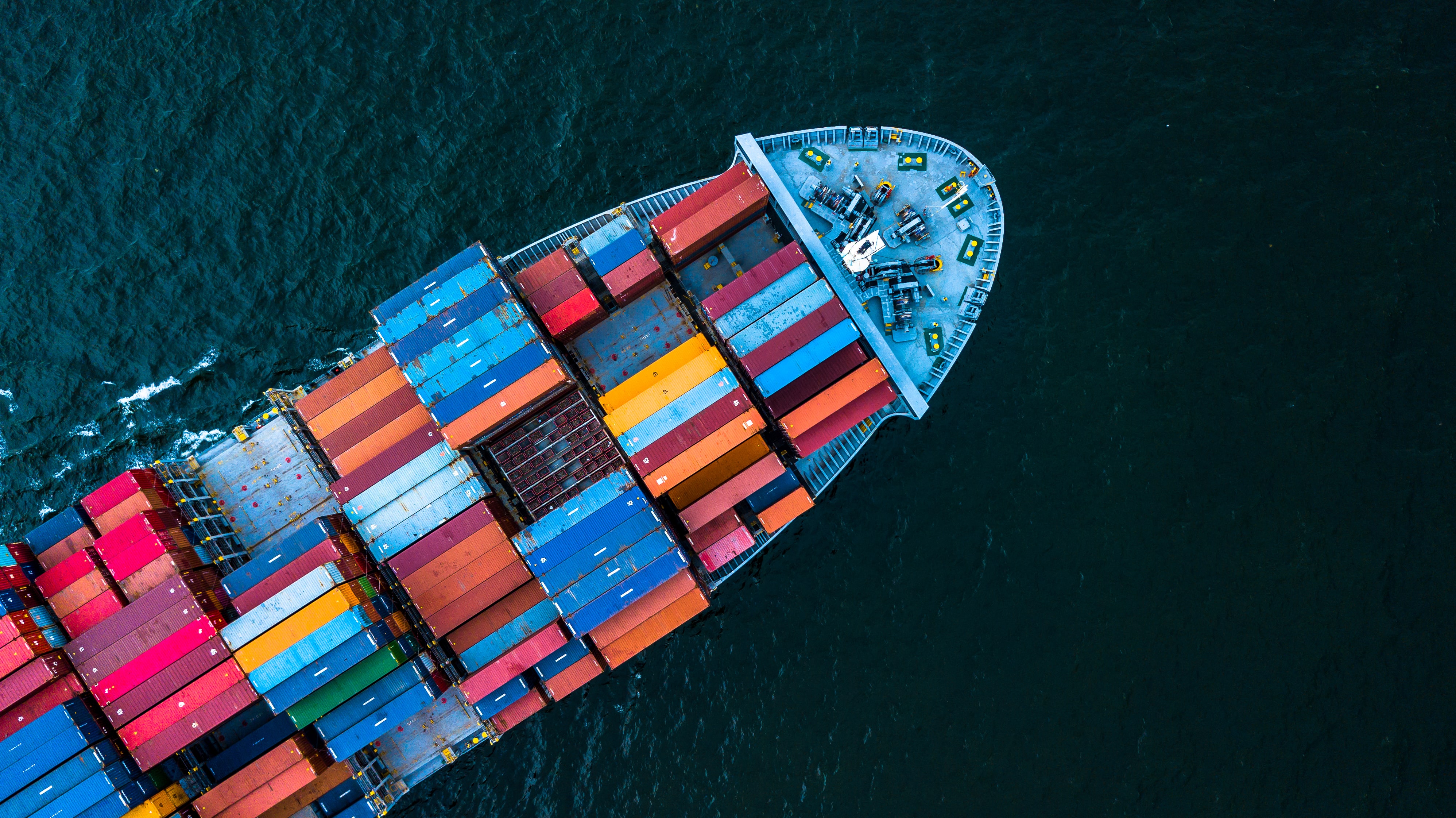
As the coronavirus continues to spread across the globe and Governments rush to try and contain the epidemic, the long-term impact to households and businesses alike is uncertain.
In the short-term, the stock market experienced a difficult day, dubbed “Black Monday”, in its worst performance since the 2008 Financial Crisis. Since the coronavirus has spread globally, more than $5 trillion has been wiped off the stock market due to fears surrounding the coronavirus.
Despite the increasing uncertainty with regards to the financial hit to industries, Russell Group have modelled the exposure for companies and countries. In the first of these articles, we take a look at the impact on shipping.
Maersk Line A/S, which is one of the world’s largest shipping companies and operates one fifth of the world’s container fleet, has the most exposure of all shipping companies at $27 billion.
It comes as no surprise that a company like Maersk should be so exposed. Large numbers of refrigerated containers (full of imported vegetables, frozen meat and fruit) are idle and waiting to be shipped because of the closure of China’s three biggest coastal ports: Shanghai, Ningbo and Xingang, which Maersk itself recently reported in a press announcement.
Maersk is estimated to be spending more than $1,000-per-container on electricity to prevent spoilage of these goods according to press outlets.
Meanwhile, COSCO Shipping Holdings, which has the largest fleet size globally, has the second exposure at $25 billion. In response to the slow down and uncertainty caused by the coronavirus, COSCO has raised $143.5 million by selling a “virus control bond” or “coronavirus bond.” The idea is to offer bonds below the central bank’s benchmark, giving issuers cheap funds to shore up their liquidity. The bonds are at a rate of 1.82% with a maturity of 180 days.
This is particularly popular in China with state-owned banks such as Bank of China, Industrial and Commercial Bank of China underwriting the debt at preferential rates. China State Shipbuilding Corp raised $718.2 million using the bond too.
Experts predict that the revenue loss for the world’s top 10 liners will reach $1.7 billion and beyond. Likewise, according to Alphaliner, a Paris-based marine data company, as of the week ending February 26th, a record 2 million containers were idled. This has exceeded the 1.6 million TEU sidelined during the Hanjin collapse in 2016 and the 1.5 billion TEU of capacity idled during the 2008-9 financial crisis.